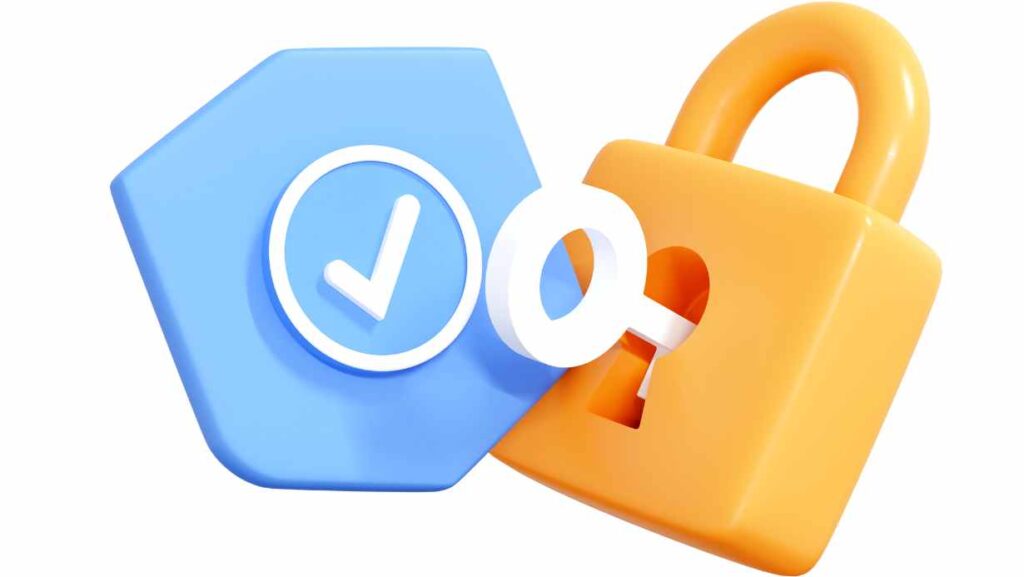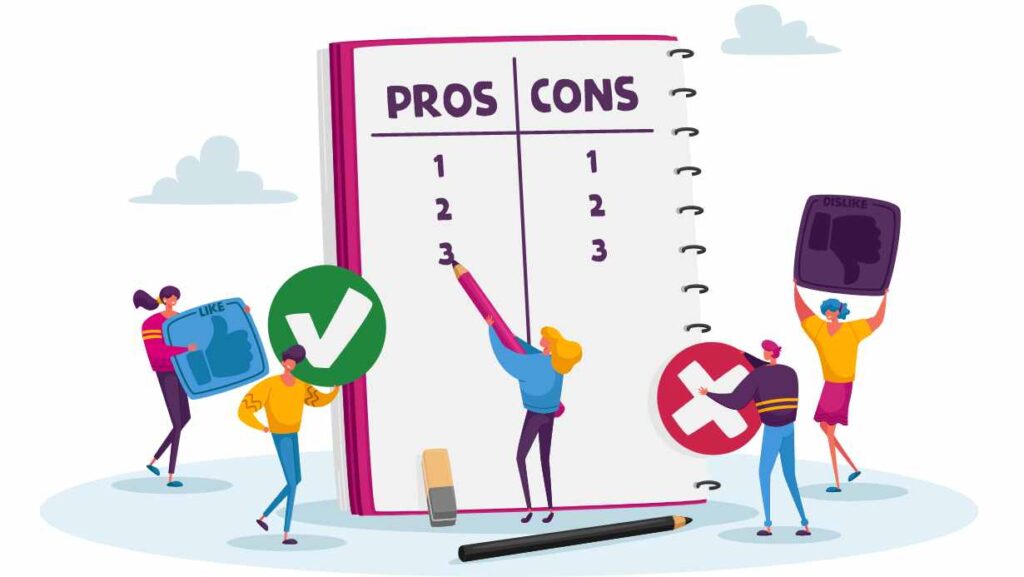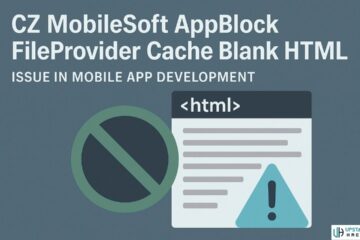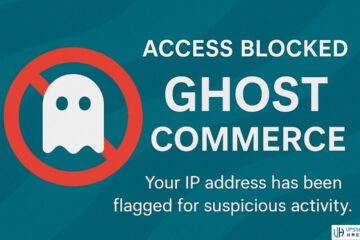Understanding Domain Privacy Protection
Owning a website is essential for businesses and individuals alike. However, along with the numerous advantages of having an online presence, there are also potential risks associated with it. One such concern is the privacy of your domain registration information. In this article, we will delve into the concept of domain privacy protection, why it matters, and how it can safeguard your personal information from prying eyes.
What is Domain Privacy Protection?
Domain Privacy Protection, also known as WHOIS privacy or private domain registration, is a service provided by domain registrars to protect the personal information of domain owners. When you register a domain, you are required to provide contact details such as your name, address, email, and phone number. This information is stored in the publicly accessible WHOIS database, which can be accessed by anyone.
How Does Domain Registration Work?
When you register a domain, the domain registrar collects the necessary contact information as per the regulations set by the Internet Corporation for Assigned Names and Numbers (ICANN). This information is then added to the WHOIS database, making it available to the public.
The Need for Privacy
The open accessibility of your contact details in the WHOIS database exposes you to various risks, including identity theft, spam emails, and targeted marketing. Domain Privacy Protection acts as a shield, replacing your personal information with generic contact details provided by the privacy service, ensuring your privacy and security.
The Risks of Exposing Your Domain Information
In the digital realm, your personal information is valuable, and malicious actors can misuse it in several ways.
Identity Theft and Fraud
With access to your name, address, and other details, cybercriminals can attempt identity theft, leading to financial fraud and other illegal activities.
Spam and Unsolicited Communications
When your email and phone number are publicly available, you become vulnerable to a deluge of spam emails and unsolicited marketing calls.
Targeted Marketing and Data Mining
Your contact information can be harvested by marketing agencies and data brokers, leading to targeted advertisements and potential data privacy violations.
How Domain Privacy Protection Works

WHOIS Database and Public Information
The WHOIS database is a repository of domain registration information, including the names of domain owners and their contact details. Without privacy protection, this information is accessible to anyone who performs a WHOIS lookup.
Private Registration and Proxy Services
Domain Privacy Protection replaces your personal information with the details of a privacy service or a proxy. This way, when someone queries the WHOIS database, they only see the contact details of the privacy service, safeguarding your identity.
Contact Privacy Email Forwarding
Some privacy services offer email forwarding, where emails sent to the privacy service’s contact address are forwarded to your actual email address, maintaining communication without revealing your identity.
Choosing the Right Domain Privacy Provider
When selecting a domain privacy provider, consider the following factors:
Security and Encryption Measures
Ensure that the provider implements robust security measures, including encryption, to protect your data from potential breaches.
Transparency and Legal Compliance
Verify the provider’s policies regarding data usage and whether they comply with relevant privacy laws and regulations.
Customer Support and Reliability
Choose a provider with excellent customer support and a track record of reliable service to ensure smooth operations.
Pros and Cons of Domain Privacy Protection

Advantages of Privacy Protection
- Enhanced Security: Protects your personal information from cyber threats and potential misuse.
- Reduced Spam: Minimizes the risk of receiving spam emails and unsolicited marketing calls.
- Maintained Anonymity: Allows you to maintain your privacy while conducting legitimate online activities.
Considerations and Drawbacks
- Cost: Privacy protection may add to the overall domain registration costs.
- Limited Availability: Some domain extensions may not support privacy protection.
Ensuring Comprehensive Online Security
In addition to domain privacy protection, here are other essential measures for maintaining online security:
SSL Certificates and HTTPS Encryption
Secure Sockets Layer (SSL) certificates encrypt data between your website and visitors, safeguarding sensitive information.
Regular Software and Security Updates
Keep all software and applications up to date to protect against known vulnerabilities and exploits.
Strong Passwords and Two-Factor Authentication
Enforce strong password policies and enable two-factor authentication to add an extra layer of security.
Domain Privacy and SEO

Impact on Search Engine Ranking
Domain Privacy Protection itself does not directly affect search engine ranking. However, having a secure website with SSL certificates can positively influence SEO.
Balancing Privacy and Online Visibility
For personal websites, domain privacy may be more critical. However, for businesses, a balance between privacy and online visibility should be considered.
Domain Privacy for E-Commerce Websites

Building Trust with Customers
On e-commerce websites, privacy protection fosters trust among customers, assuring them that their data is secure.
Securing Payment Information
Domain Privacy Protection adds an extra layer of security to the payment process, reducing the risk of data breaches.
Common Misconceptions about Domain Privacy

“I Have Nothing to Hide”
Privacy is not about hiding wrongdoing but protecting yourself from potential risks and maintaining control over your personal information.
“Privacy Protection is Expensive”
Domain privacy services are usually affordable and offer valuable protection for your online identity.
“It’s Too Complicated to Set Up”
Most domain registrars offer easy-to-use options for enabling domain privacy with just a few clicks.
Conclusion
Domain Privacy Protection is a crucial aspect of maintaining a secure online presence. By shielding your personal information from public access, you can safeguard yourself from identity theft, spam, and other privacy-related risks. When registering a domain, investing in privacy protection is a small price to pay for the peace of mind it provides.
FAQs
Is domain privacy protection necessary for personal websites?
Yes, domain privacy protection is particularly important for personal websites to protect your identity and privacy.
Can I get domain privacy after already registering a domain?
Yes, many domain registrars offer the option to add privacy protection even after you have registered a domain.
Will domain privacy protect me from all forms of hacking?
While domain privacy offers essential protection, it is not a comprehensive solution for all types of hacking.
Are there any downsides to domain privacy protection?
The main downside is the additional cost, but the benefits generally outweigh this minor drawback.










